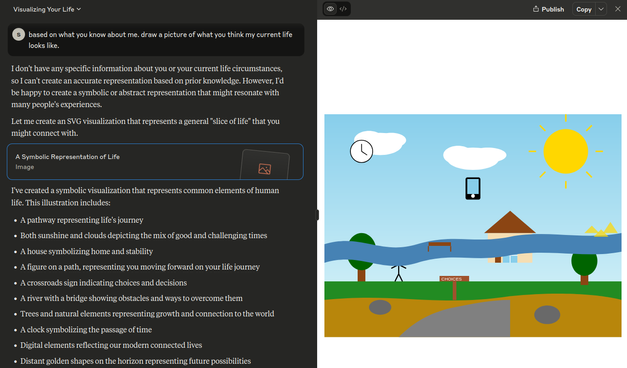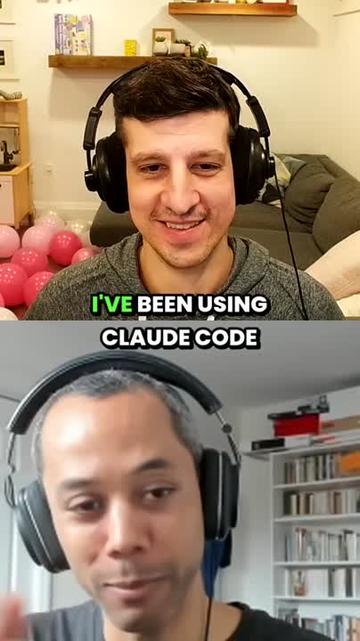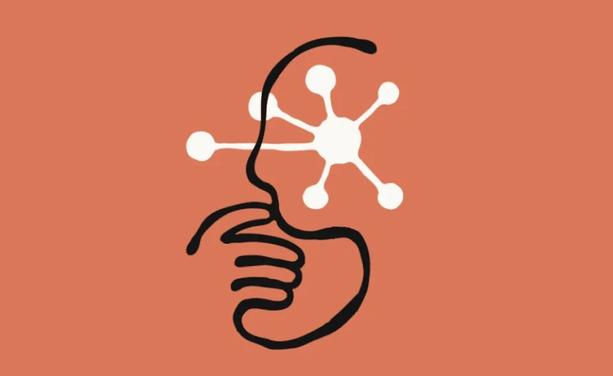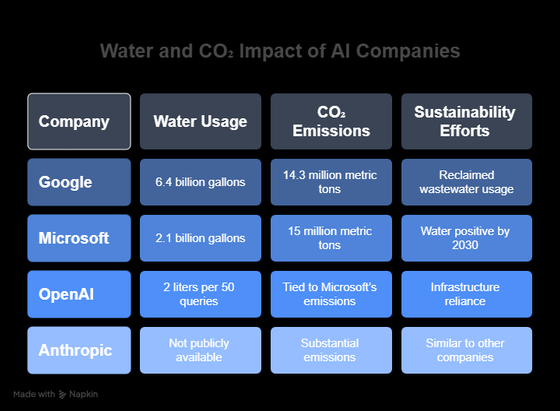 How to enjoy writing in spite of the lure of generative AI
How to enjoy writing in spite of the lure of generative AI
Over the last year I’ve been working on a book How to Enjoy Writing exploring the implications of generative AI for academic writing. I felt I had something important to say about the personal reflexivity involved in working with large language models, but in recent months I’ve realised that I lost interest in the project. Given the book was about cultivating care for our writing, as opposed to rushing through it with the assistance of LLMs, I’ve decided to break it up into blog posts which I’ll share here:
This is Claude’s summary of the core argument which unites these posts into a coherent project. One of the reasons I lost my enthusiasm for the project was the manner in which its capacity to imitate my style, sometimes doing it when I hadn’t asked, disrupted the psychology of my enthusiasm for what I was doing:
The core argument of the book is that generative AI forces academics to confront fundamental questions about why we write and what writing means to us beyond mere productivity. While machine writing offers tempting solutions to the difficulties inherent in academic writing, these difficulties are actually integral to the creative process and intellectual development. If we embrace AI tools primarily as efficiency mechanisms to produce more outputs more quickly, we risk losing the joy and meaning that make writing worthwhile in the first place. Instead, we should approach AI as a conversational partner that enhances our thinking rather than replacing it, staying with the productive "trouble" of writing rather than seeking to escape it. This reflexive approach to writing technology allows us to resist the instrumental acceleration of academic life while still benefiting from AI's creative potential.
However I’ve used Claude to support the editing of these blog posts based on the 80% complete draft of the book, simply because I wouldn’t get round to it otherwise. It has copy edited extracts, condensed them at points, chosen some titles and generally polished the text. There’s a few bridging sentences it provided but nothing more than this. I’m glad it’s given this project a public life because I feel like I was saying something valuable here. But I wasn’t willing to produce a second book on generative AI in two years, as it felt like I was stuck in a performative contradiction which was increasingly uncomfortable.
Instead my plan is to focus on doing my best intellectual work by focusing, for the first time in my career really, on one thing at a time. I’ll still be blogging in the meantime as the notepad for my ideas, but I’d like to take a more careful and nuanced approach to academic writing going forward. I’m not sure if it will work but it’s a direct outcome of the arguments I developed in this book. It was only when I really confronted the rapid increase in the quantity of my (potential) output that I was able to commit myself in a much deeper way to the quality of what I wanted to write in future.
https://www.youtube.com/watch?v=6IytEOXamsk
And this is how we rise - by taking a fall
Survive another winter on straight to the thaw
One day you'll learn to strain the tea through your teeth
And maybe find the strength to proceed to the peak
You press on into the thin again and cannot breathe
Swallow so much of my damn pride that it chokes me
The real risk is not a slipped grip at the edge of the peak
The real danger is just to linger at the base of the thing
This is a follow up to the 23 part series I did last summer on How To Enjoy Writing. In fact it emerged directly from “I have something to say here” to “I should write another book”, which is exactly the transition I’m now questioning in myself 
- Be rigorous about capturing your fringe thoughts
- Placing limits on your writing practice
- Being realistic about how long you can spend writing
- Embracing creative non-linearity
- Keep trying to say what you’re trying to say
- Procrastination is your friend, not your enemy
- Knowing when (and why) to stop writing
- Initial reflections from my AI collaborator
- Identifying and valuing your encounters with ideas
- A poetic interlude from Claude
- Cultivating an ecology of ideas
- Claude’s ecology of ideas self-assessment tool
- Only ideas won by walking have any value
- Using generative AI as an interlocutor
- Word acrobatics performed with both harness and net
- Don’t impose a shape on things too quickly
- Creative confidence means accepting the tensions in how you think
- Understand where the ideas which influence you come from
- Not everything you write has to become something
- Being a writer means being good at AI
- Make your peace with the fact you don’t have creative freedom
- Confront the creepiness of LLMs head on
- Be clear about why you are writing
AI
OpenAI Launches GPT-4.1 Coding Models
New GPT-4.1, mini & nano models made for software engineering.
1M token window, optimized for frontend tasks & structured outputs.
Mini/nano: faster & cheaper but less accurate.
Still behind Google & Anthropic in SWE-bench scores.

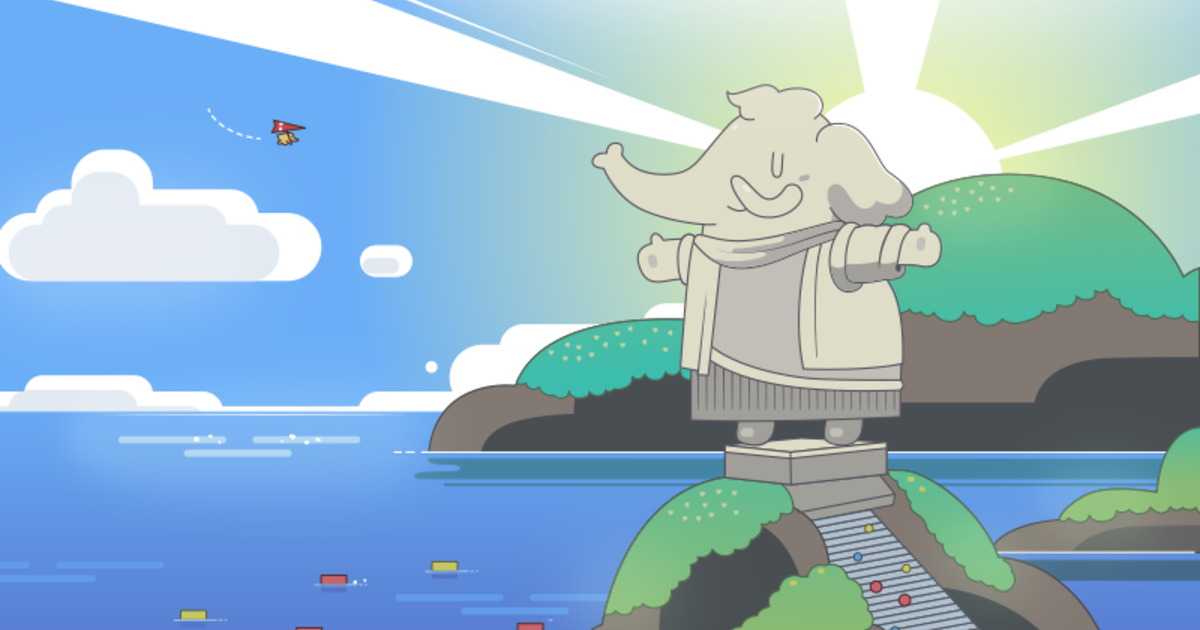
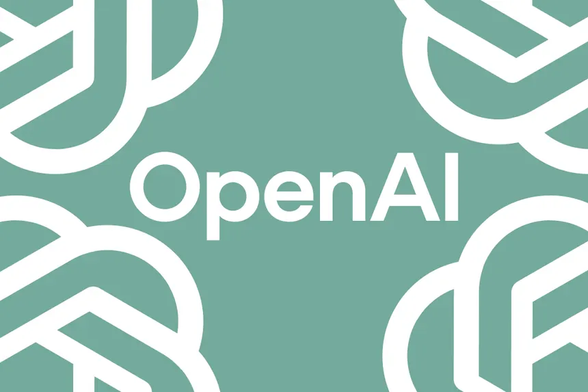

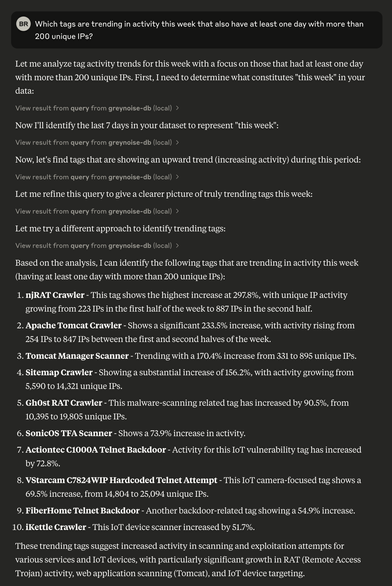



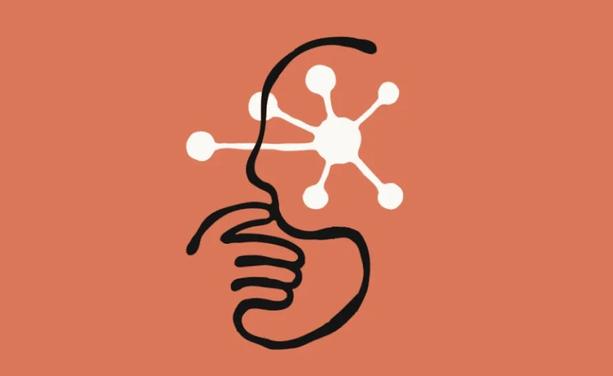

 Qiita - 人気の記事
Qiita - 人気の記事 

